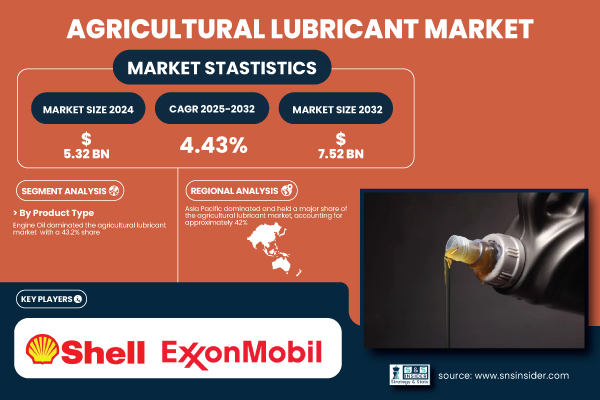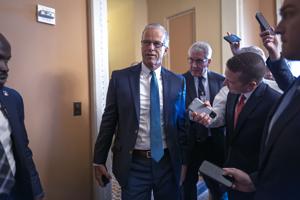2025-07-01The Coward's Bargain
The Coward's Bargain Authored by Josh Stylman via The Brownstone Institute,Everyone’s Afraid to SpeakSomeone our family has known forever recently told my sister that they’ve been reading my Substack and that if they wrote the things I write, people would call them crazy. I got a kick out of that—not because it’s untrue, but because it reveals something darker about where we’ve ended up as a society. Most people are terrified of being themselves in public.My sister’s response made me laugh: “People do call him crazy. He simply doesn’t care.” The funniest part is that I don’t even write the craziest stuff I research—just the stuff I can back up with sources and/or my own personal observations. I always try to stay rooted in logic, reason, and facts, though—I’m clear when I’m speculating and when I’m not.This same guy has sent me dozens of private messages over the last 4 or 5 years challenging me on stuff I share online. I’ll respond with source material or common sense, and then—crickets. He disappears. If I say something he doesn’t want to hear, he vanishes like a child covering his ears. Over the last few years, I’ve been proven right about most of what we’ve argued about, and he’s been wrong. But it doesn’t matter—he’s got the memory of a gnat and the pattern never changes.But he’d never make that challenge publicly, never risk being seen engaging with my arguments where others might witness the conversation. This kind of private curiosity paired with public silence is everywhere—people will engage with dangerous ideas in private but never risk being associated with them publicly. It’s part of that reflexive “That can’t be true” mindset that shuts down inquiry before it can even begin.But he’s not alone. We’ve created a culture where wrongthink is policed so aggressively that even successful, powerful people whisper their doubts like they’re confessing crimes.I was on a hike last year with a very prominent tech VC. He was telling me about his son’s football team—how their practices kept getting disrupted because their usual field on Randall’s Island was now being used to house migrants. He leaned in, almost whispering: “You know, I’m a liberal, but maybe the people complaining about immigration have a point.” Here’s a guy who invests mountains of money into companies that shape the world we live in, and he’s afraid to voice a mild concern about policy in broad daylight. Afraid of his own thoughts.After I spoke out against vaccine mandates, a coworker told me he totally agreed with my position—but he was angry that I’d said it. When the company didn’t want to take a stand, I told them I would speak as an individual—on my own time, as a private citizen. He was pissed anyway. In fact, he was scolding me about the repercussions to the company. What’s maddening is that this same person had enthusiastically supported the business taking public stands on other, more politically fashionable causes over the years. Apparently, using your corporate voice was noble when it was fashionable. Speaking as a private citizen became dangerous when it wasn’t.Another person told me that they agreed with me but wished they were “more successful like me” so they could afford to speak out. They had “too much to lose.” The preposterousness of this is staggering. Everyone who spoke out during Covid sacrificed—financially, reputationally, socially. I sacrificed plenty myself.But I’m no victim. Far from it. Since I was a young man, I’ve never measured achievement by finance or status—my benchmark for being a so-called successful person was owning my own time. Ironically, getting myself canceled was actually a springboard to that. For the first time in my life, I felt I’d achieved time ownership. Whatever I’ve achieved came from being raised by loving parents, working hard, and having the spine to follow convictions rationally. Those attributes, coupled with some great fortune, are the reason for whatever success I’ve had—they’re not the reason I can speak now. Maybe this person should do some inward searching about why they’re not more established. Maybe it’s not about status at all. Maybe it’s about integrity.This is the adult world we’ve built—one where courage is so rare that people mistake it for privilege, where speaking your mind is seen as a luxury only the privileged can afford, rather than a fundamental requirement for actually becoming established.And this is the world we’re handing to our children.We Built the Surveillance State for ThemI remember twenty years ago, my best friend’s wife (who’s also a dear friend) was about to hire someone when she decided to check the candidate’s Facebook first. The woman had posted: “Meeting the whores at [company name]”—referring to my friend and her coworkers. My friend immediately withdrew the offer. I remember thinking this was absolutely terrible judgment on the candidate’s part; however, it was dangerous territory we were entering: the notion of living completely in public, where every casual comment becomes permanent evidence.Now that danger has metastasized into something unrecognizable. We’ve created a world where every stupid thing a fifteen-year-old says gets archived forever. Not just on their own phones, but screenshot and saved by peers who don’t understand they’re building permanent files on each other—even on platforms like Snapchat that promise everything disappears. We’ve eliminated the possibility of a private adolescence—and adolescence is supposed to be private, messy, experimental. It’s the laboratory where you figure out who you are by trying on terrible ideas and throwing them away.But laboratories require the freedom to fail safely. What we’ve built instead is a system where every failed experiment becomes evidence in some future trial.Think about the dumbest thing you believed at sixteen. The most embarrassing thing you said at thirteen. Now imagine that moment preserved in high definition, timestamped, and searchable. Imagine it surfacing when you’re 35 and running for school board, or just trying to move past who you used to be.If there was a record of everything I did when I was sixteen, I would have been unemployable. Come to think of it, I’m way older than that now and I’m unemployable anyway—but the truth still stands. My generation might have been the last to fully enjoy an analog existence as children. We got to be stupid privately, to experiment with ideas without permanent consequences, to grow up without every mistake being archived for future use against us.I remember teachers threatening us with our “permanent record.” We laughed—some mysterious file that would follow us forever? Turns out they were just early. Now we’ve built those records and handed the recording devices to children. Companies like Palantir have turned this surveillance into a sophisticated business model.We’re asking children to have adult judgment about consequences they can’t possibly understand. A thirteen-year-old posting something stupid isn’t thinking about college applications or future careers. They’re thinking about right now, today, this moment—which is exactly how thirteen-year-olds are supposed to think. But we’ve built systems that treat childhood immaturity as a prosecutable offense.The psychological toll is staggering. Imagine being fourteen and knowing that anything you say might be used against you by people you haven’t met yet, for reasons you can’t anticipate, at some unknown point in the future. That’s not adolescence—that’s a police state built out of smartphones and social media.The result is a generation that’s either paralyzed by self-consciousness or completely reckless because they figure they’re already screwed. Some retreat into careful blandness, crafting personas so sanitized they might as well be corporate spokespeople for their own lives. Others go scorched earth—if everything’s recorded anyway, why hold back? As my friend Mark likes to say, there’s Andrew Tate and then there’s a bunch of incels—meaning the young men either become performatively brash and ridiculous, or they retreat entirely. The young women seem to either drift toward fearful conformity or embrace monetized exposure on platforms like OnlyFans. We’ve managed to channel an entire generation’s rebellion into the very systems designed to exploit them.The Covid Conformity TestThis is how totalitarian thinking takes root—not through jackbooted thugs, but through a million small acts of self-censorship. When a venture capitalist whispers his concerns about immigration policy like he’s confessing to a thought crime. When successful professionals agree with dissenting views privately but would never defend them publicly. When speaking obvious truths becomes an act of courage rather than basic citizenship.George Orwell understood this perfectly. In 1984, the Party’s greatest achievement wasn’t forcing people to say things they didn’t believe—it was making them afraid to believe things they weren’t supposed to say. “The Party seeks power entirely for its own sake,” O’Brien explains to Winston. “We are not interested in the good of others; we are interested solely in power.” But the real genius was making citizens complicit in their own oppression, turning everyone into both prisoner and guard.History shows us how this works in practice. The Stasi in East Germany didn’t just rely on secret police—they turned ordinary citizens into informants. By some estimates, one in seven East Germans was reporting on their neighbors, friends, even family members. The state didn’t need to watch everyone; they got people to watch each other. But the Stasi had limitations: they could recruit informants, but they couldn’t monitor everyone simultaneously, and they couldn’t instantly broadcast transgressions to entire communities for real-time judgment.Social media solved both problems. Now we have total surveillance capability—every comment, photo, like, and share automatically recorded and searchable. We have instant mass distribution—one screenshot reaching thousands in minutes. We have volunteer enforcement—people eagerly participating in calling out “wrongthink” because it feels righteous. And we have permanent records—unlike Stasi files locked in archives, digital mistakes follow you forever.The psychological impact is exponentially worse because Stasi informants at least had to make a conscious choice to report someone. Now the reporting happens automatically—the infrastructure is always listening, always recording, always ready to be weaponized by anyone with a grudge or a cause.We saw this machinery in full operation during Covid. Remember how quickly “two weeks to flatten the curve” became orthodoxy? How questioning lockdowns, mask mandates, or vaccine efficacy wasn’t just wrong—it was dangerous? How saying “maybe we should consider the trade-offs of closing schools” could get you labeled a grandma-killer? The speed at which dissent became heresy was breathtaking.History has shown us that governments can be terrible to citizens. The hardest pill to swallow was the horizontal policing. Your neighbors, coworkers, friends, and family members became the enforcement mechanism. People didn’t just comply; they competed—virtue-signaling their way into a collective delusion where asking basic questions about cost-benefit analysis became evidence of moral deficiency. Neighbors called police on neighbors for having too many people over. People photographed “violations” and posted them online for mass judgment.And the most insidious part? The people doing the policing genuinely believed they were the good guys. They thought they were protecting society from dangerous misinformation, not realizing they had become the misinformation—that they were actively suppressing the kind of open inquiry that’s supposed to be the foundation of both science and democracy.The Ministry of Truth didn’t need to rewrite history in real time. Facebook and Twitter did it for them, memory-holing inconvenient posts and banning users who dared to share pre-approved scientific studies that happened to reach unapproved conclusions. The Party didn’t need to control the past—they just needed to control what you were allowed to remember about it.This wasn’t an accident or an overreaction. This was a stress test of how quickly a free society could be transformed into something unrecognizable, and we failed spectacularly. Anyone who actually followed the science understood that the only pandemic was one of cowardice. Worse, most people didn’t even notice we were being tested. They thought they were just “following the science”—never mind that the data kept changing to match the politics, or that questioning anything had somehow become heretical.The beautiful thing about this system is that it’s self-sustaining. Once you’ve participated in the mob mentality, once you’ve policed your neighbors and canceled your friends and stayed silent when you should have spoken up, you become invested in maintaining the fiction that you were right all along. Admitting you were wrong isn’t just embarrassing—it’s an admission that you participated in something monstrous. So instead, you double down. You disappear when confronted with inconvenient facts.Raising PrisonersAnd this brings us back to the children. They’re watching all of this. But more than that—they’re growing up inside this surveillance infrastructure from birth. The Stasi’s victims at least had some years of normal psychological development before the surveillance state kicked in. These kids never get that. They’re born into a world where every thought might be public, every mistake permanent, every unpopular opinion potentially life-destroying.The psychological impact is devastating. Research shows that children who grow up under constant surveillance—even well-meaning parental surveillance—show higher rates of anxiety, depression, and what psychologists call “learned helplessness.” They never develop internal locus of control because they never get to make real choices with real consequences. But this goes far deeper than helicopter parenting.The ability to hold unpopular opinions, to think through problems independently, to risk being wrong—these aren’t just nice-to-haves. They’re core to psychological maturity. When you eliminate those possibilities, you don’t just get more compliant people; you get people who literally can’t think for themselves anymore. They outsource their judgment to the crowd because they never developed their own.We’re creating a generation of psychological cripples—people who are practiced at reading social cues and adjusting their thoughts accordingly, but who have never learned to form independent judgments. People who mistake consensus for truth and popularity for virtue. People who have been so thoroughly trained to avoid wrong-think that they’ve either lost—or never developed—the capacity for original thought entirely.But here’s what’s most disturbing: the kids are learning this behavior from us. They’re watching adults who whisper their real thoughts, who agree privately but stay silent publicly, who confuse strategic silence with wisdom. They’re learning that authenticity is dangerous, that having real convictions is a luxury they can’t afford. They’re learning that truth is negotiable, that principles are disposable, and that the most important skill in life is reading the room and adjusting your thoughts accordingly.The feedback loop is complete: adults model cowardice, children learn that genuine expression is risky, and everyone becomes practiced at self-censorship rather than self-examination. We’ve created a society where the Overton window isn’t just narrow—it’s actively policed by people who are terrified of stepping outside it, even when they privately disagree with its boundaries.This is the architecture of soft totalitarianism. Just the constant, gnawing fear that saying the wrong thing—or even thinking it too loudly—will result in social death. The beauty of this system is that it makes everyone complicit. Everyone has something to lose, so everyone stays quiet. Everyone remembers what happened to the last person who spoke up, so nobody wants to be next.The technology doesn’t just enable this tyranny; it makes it psychologically inevitable. When the infrastructure punishes independent thinking before it can fully form, you get psychological arrested development on a mass scale.It’s already baked into education and employment through DEI and ESG. Wait till it’s baked into the monetary system. Maybe they’re just connecting us to the Borg anyway?We’re passing this pathology down to our children like a genetic disorder. Except this disorder isn’t inherited—it’s enforced. And unlike genetic disorders, this one serves a purpose: it creates a population that’s easy to control, easy to manipulate, easy to lead around by the nose as long as you control the social rewards and punishments.The Price of TruthI don’t share my opinions because I “get away with it”—I don’t get away with anything. I’ve paid socially, professionally, and even financially. But I do it anyway because the alternative is spiritual death. The alternative is becoming someone who messages critics privately but never takes a public stand, someone who’s perpetually annoyed by others’ courage but never exercises their own.The difference isn’t ability or privilege. It’s willingness. I’m open-minded and open-hearted. I can be convinced of anything—but show me, don’t tell me. I’m willing to be wrong, willing to change my mind when new information comes to light or I gain a different perspective on an idea, willing to defend ideas I believe in even when it’s uncomfortable.There are a lot of us right now realizing that something isn’t right—that we’ve been lied to about everything. We’re trying to make sense of what we’re seeing, asking uncomfortable questions, connecting dots that don’t want to be connected. When we call that out, the last thing we need is people who haven’t done the work standing in our way, carrying water for the establishment forces that are manipulating them.Most people could do the same thing if they chose to—they just don’t choose to because they’ve been trained to see conviction as dangerous and conformity as safe.A 2020 Cato Institute survey found that 62% of Americans say the political climate prevents them from sharing their political beliefs because others might find them offensive. Majorities of Democrats (52%), independents (59%), and Republicans (77%) all agree they have political opinions they are afraid to share.When adults who lived through Covid saw what happens when groupthink becomes gospel—how quickly independent thought gets labeled dangerous, how thoroughly dissent gets suppressed—many responded not by becoming more committed to free expression, but by becoming more careful about what they express. They learned the wrong lesson.What we’re creating is a society where authenticity has become a radical act, where courage is so rare it looks like privilege. We’re raising children who learn that being yourself is dangerous, that having real opinions carries unlimited downside risk. They’re not just careful about what they say—they’re careful about what they think.This doesn’t create better people. It creates more fearful people. People who mistake surveillance for safety, conformity for virtue, and silence for wisdom. People who’ve forgotten that the point of having thoughts is sometimes to share them, that the point of having convictions is sometimes to defend them.The solution isn’t to abandon technology or retreat into digital monasteries. But we need to create spaces—legal, social, psychological—where both kids and adults can fail safely. Where mistakes don’t become permanent tattoos. Where changing your mind is seen as growth rather than hypocrisy. Where having convictions is valued over having clean records.Most importantly, we need adults who are willing to model courage instead of strategic silence—who understand that the price of speaking up is usually less than the price of staying quiet. In a world where everyone’s afraid to say what they think, the honest voice doesn’t just stand out—it stands up.Because right now, we’re not just living in fear—we’re teaching our children that fear is the price of participation in society. And a society built on fear isn’t a society at all. It’s just a more comfortable prison, one where the guards are ourselves and the keys are our own convictions, which we’ve learned to keep safely locked away.Whether it’s experimental medicine or the masters of war lying again to drag us into what might become World War III—it’s PSYOP season—it’s never been more important that people find their conviction, use their voice, and become a force for good. If you’re still scared to push back against war propaganda, still getting swept up in manufactured outrage cycles, still choosing your principles based on which team is in power—then you may have learned absolutely nothing from the last few years.These days, friends are starting to confide in me that maybe I was right about the mRNA vaccines not working. I don’t gloat—in fact, I appreciate the openness. But my standard reply is that they’re four years late to the story. They’ll know they’ve caught up when they realize the world is run by a bunch of satanic pedophiles. And yeah, I used to think that sounded crazy too.Republished from the author’s Substack Tyler DurdenMon, 06/30/2025 - 22:35




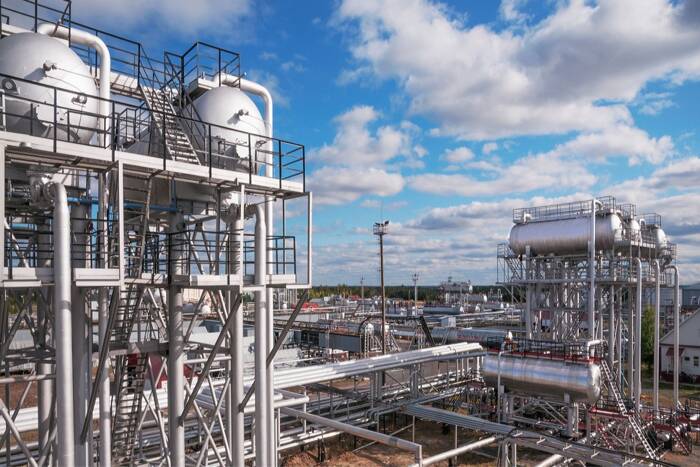


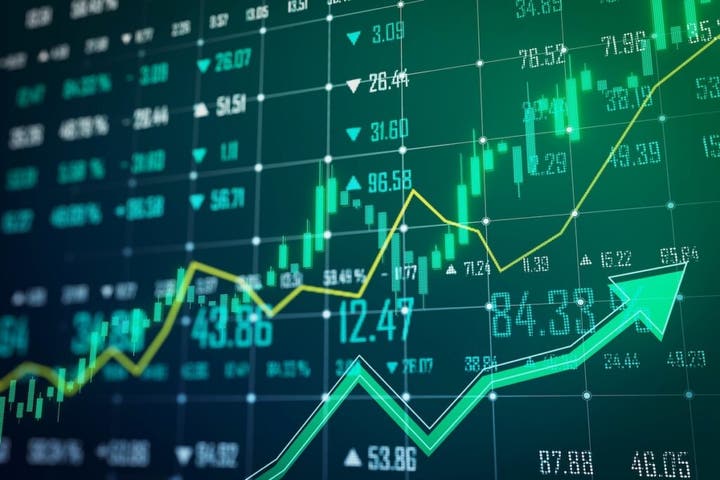


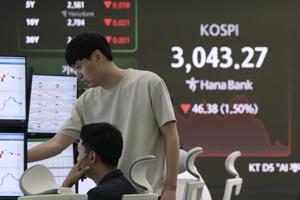













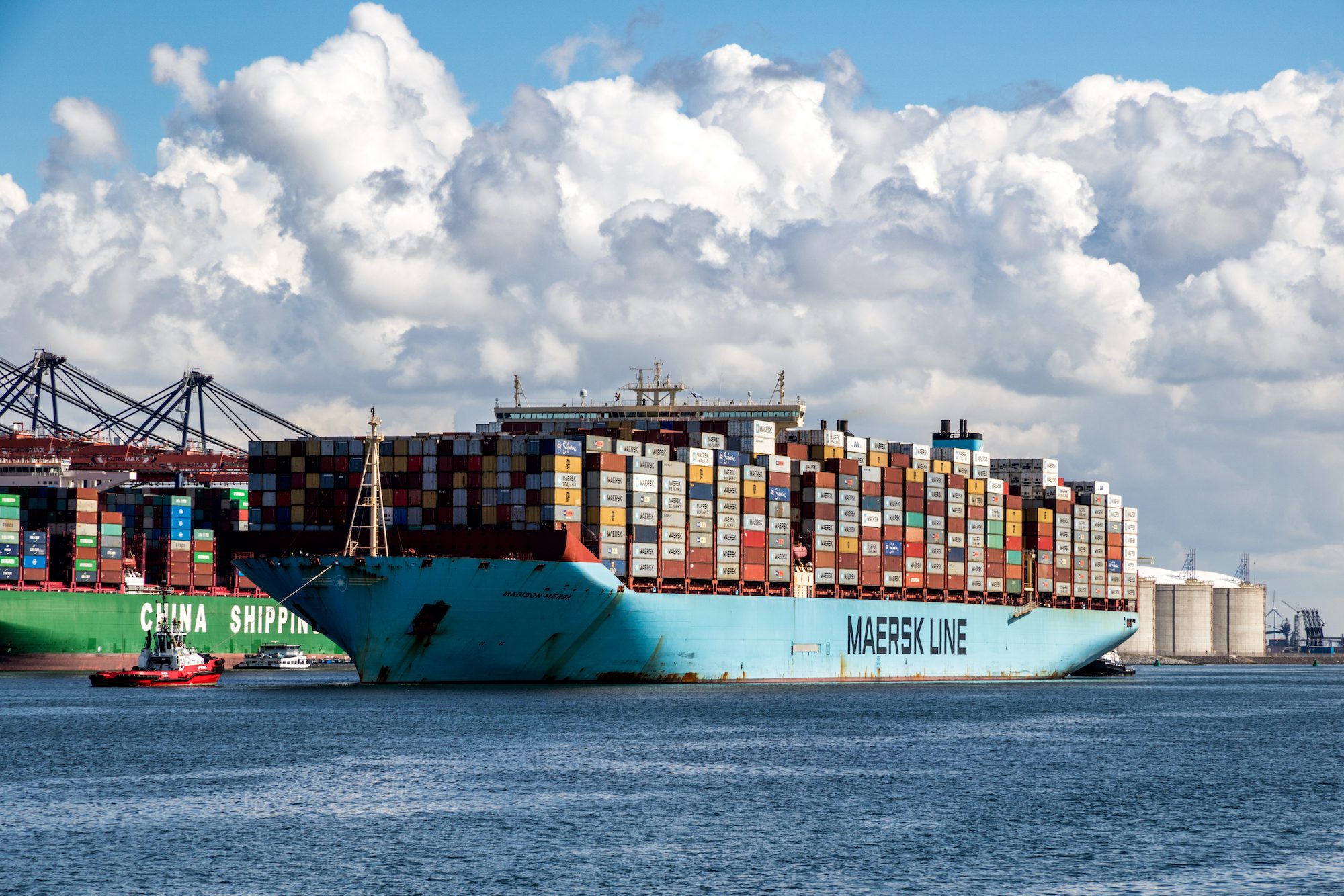
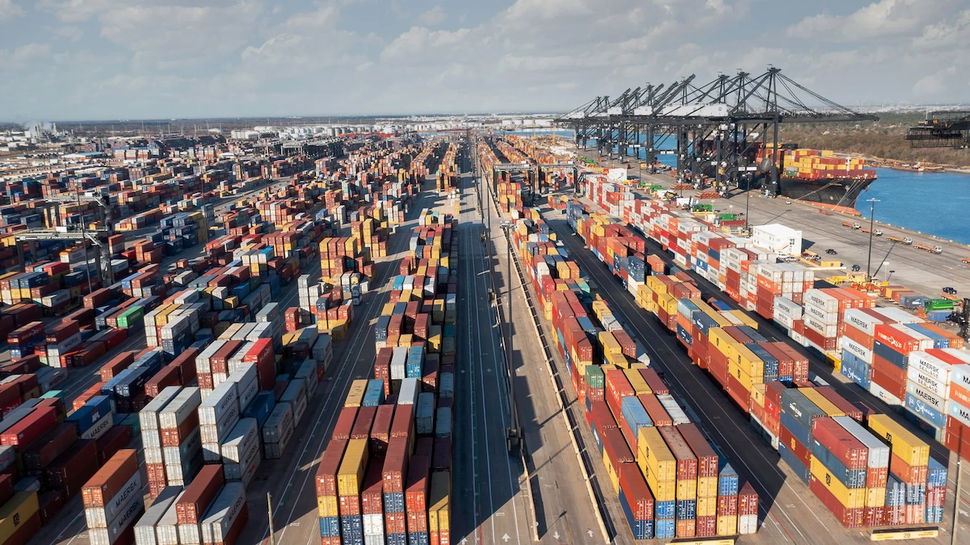








_0.jpg?itok=_oQoXAa3)










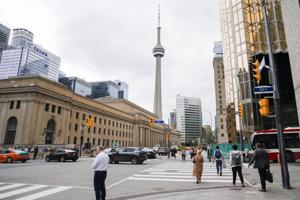


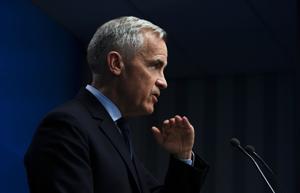
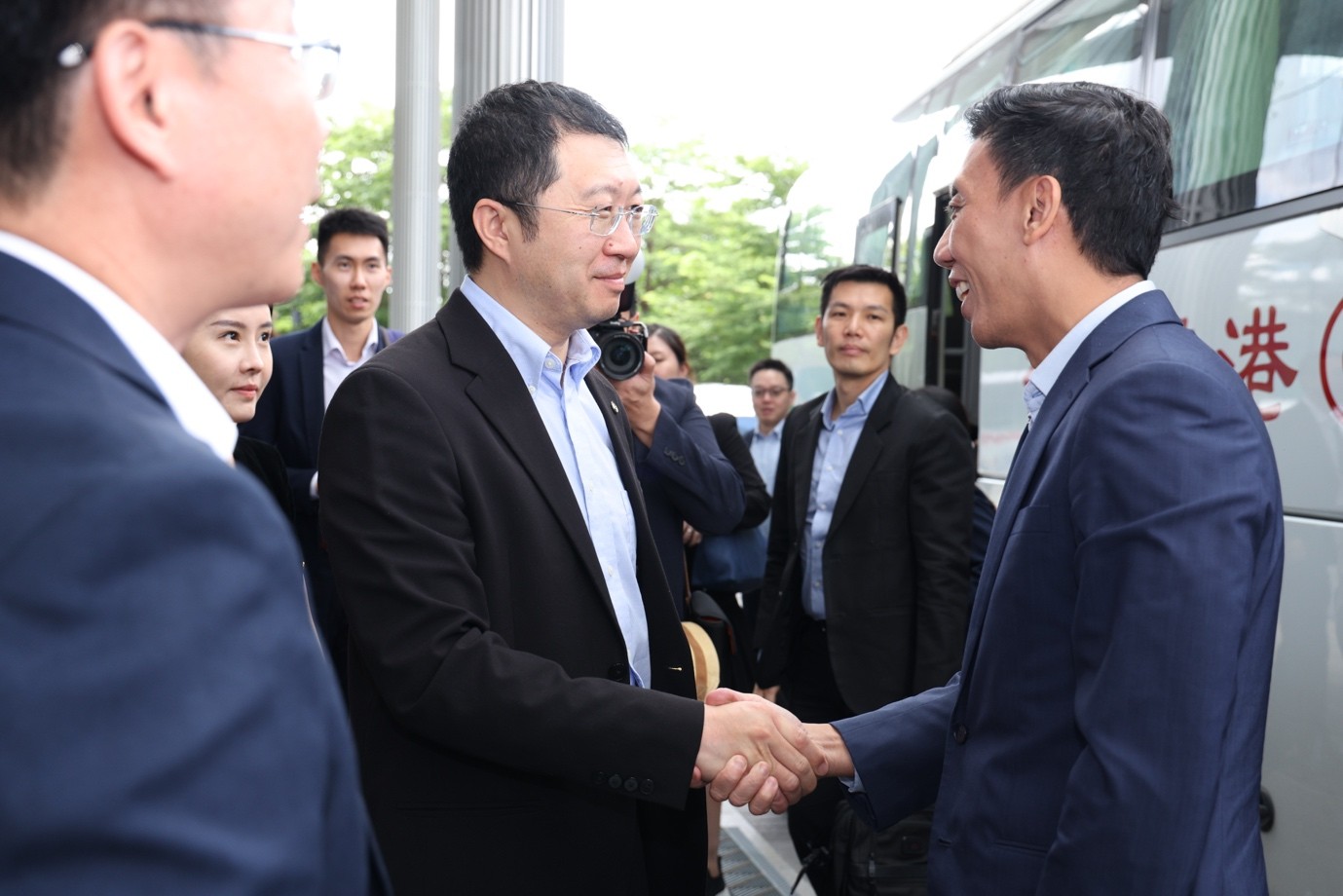

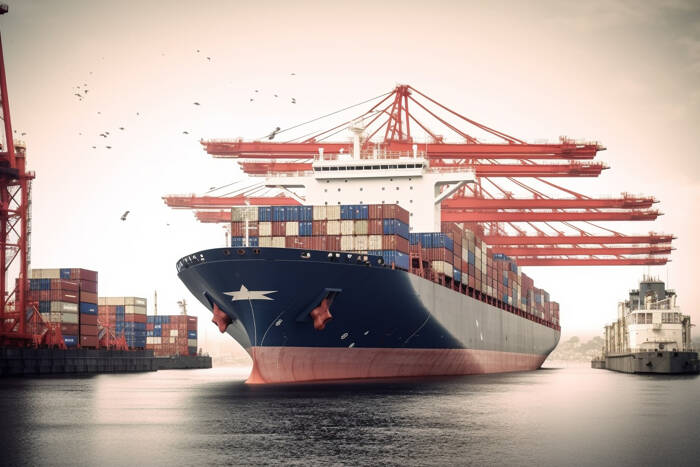
_0.jpg?itok=YLAiXHJx)







